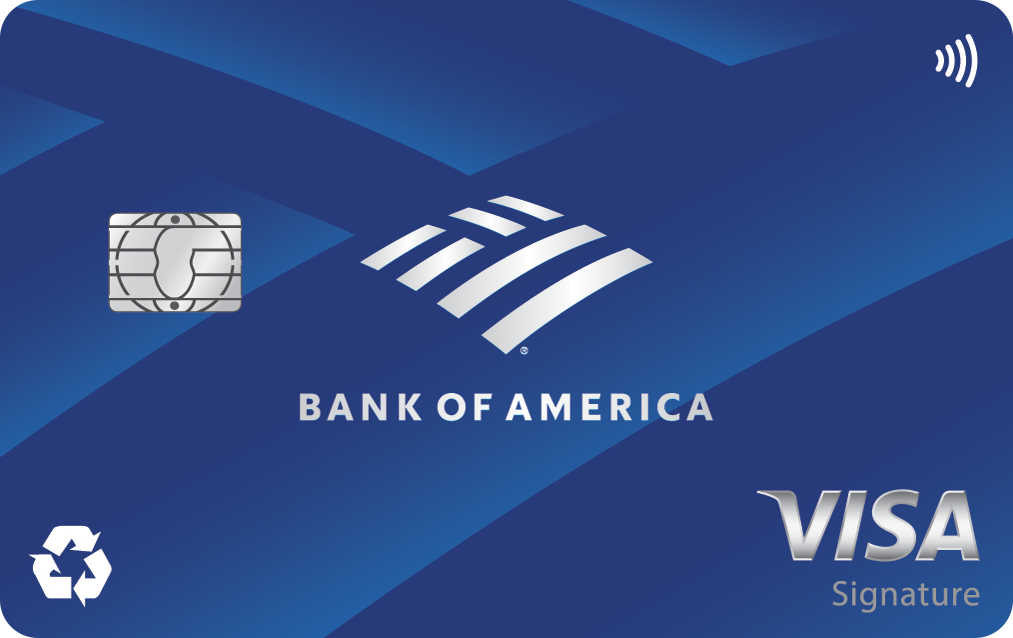Is Now the Right Time to Get an Adjustable-Rate Mortgage?
KEY POINTS
- The mortgage market is extremely depressing right now, with persistently high rates.
- An adjustable-rate mortgage (ARM) would come with a lower rate, at least to start with.
- If you get one, be sure not to buy at the top of your budget and make a plan to refinance when rates fall.
As a personal finance writer and someone who is hoping to buy a home in the near future, I pay pretty close attention to the mortgage market. And boy, it is so depressing right now. As of this writing, the average rate for a 30-year fixed mortgage comes in at 7.31%, per Freddie Mac. Two short years ago, you could've gotten that same mortgage for an average rate of just 3.01%.
But it does us no good to focus on the past -- gotta keep moving forward and play the hand we're dealt. One way you might save some money on a home loan is by opting for an adjustable-rate mortgage, or ARM. These mortgages start out with a slightly lower rate, since it doesn't remain the same over the life of the loan.
For example, if you take out a 5/1 ARM, the initial rate will stay the same for the first five years (that's the "5"), and after that, it can change once per year (the "1") based on market conditions. There are other options available, including 7/1 and 7/6 (rates change every six months for those). And as of this writing, Forbes reports that the average rate for a 5/1 ARM is 6.04% -- definitely lower than for a fixed-rate mortgage! But is getting an ARM a good idea right now? Let's discuss.
An ARM could be worth considering...
Depending on where rates are next year, when I'm ready to buy, I might end up giving serious thought to going with an adjustable-rate mortgage. And you might want to follow my lead. For one thing, starting off homeownership with a slightly lower mortgage rate could be a good thing -- personally, I expect my monthly costs to double when I go from renter to owner. Owning a home is more costly than renting one. Paying a little less for a mortgage will give you time to adjust to all the homeownership costs you'll be responsible for.
And getting to lock in that lower rate for a period of five or seven years gives the market time to cool down. Perhaps by the time my rate changes, rates will be lower across the board and I can look forward to a smaller mortgage payment as a result.
...but be careful
An ARM could be risky, however. If rates don't drop, and are instead even higher than they are now, your ARM rate could go up. So it's even more important to resist the temptation to stretch your budget to afford a home if you're opting for an ARM -- you don't want to find yourself unable to cover your payments once the rate changes.
With this in mind, if you do opt for an ARM, plan to refinance to a fixed-rate loan when rates drop. Refinancing isn't free, of course, but you'll end up with the peace of mind that comes from knowing your payments won't change. If I do get an ARM, I'll start putting aside money to cover those refinancing closing costs so I'll be able to refinance to a lower rate when one appears.
Other ways to get a decent mortgage rate
This sure isn't an ideal time to be shopping for a home, no matter how you slice it. But if you've been saving and planning for a while, you might decide to go for it anyway (and I feel you here). Follow these tips to get the best rate you can under less-than-ideal market circumstances.
- Pay down existing debt: You might think that a little credit card debt is nothing compared to taking on mortgage debt, but it's a really good idea to pay it down if you can. Not only will improving your debt-to-income ratio make it easier to qualify, but having fewer bills to pay will also make it easier to handle your new mortgage payments.
- Boost your credit score: Paying down debt will improve your credit score, but you should also recommit to making on-time payments and get a copy of your credit report. If you see errors on it (like accounts that aren't yours), ask the credit bureau to remove them. This can improve your credit, too.
- Shop around: Resist the urge to go with the first mortgage lender you talk to. Instead, submit your info to a few and see what kind of rates you can qualify for. Different lenders have different programs and mortgage terms, so by shopping around, you have a better chance of finding the right one for you.
- Aim to make a solid down payment: A 20% down payment is recommended for a conventional loan so you can avoid having to pay for private mortgage insurance. If you can swing it, it's a good idea. However, if putting 20% down will leave you flat broke, try for 10% instead. The larger the down payment you can make, the smaller your payments will be and the less risk you'll present to a lender.
An adjustable-rate mortgage could be your best bet of getting a decent mortgage rate right now, but these are best approached with caution. If you decide to get an ARM, plan to refinance as soon as rates drop, and definitely don't buy at the top of your budget, just in case your payments go up.
Our Research Expert
We're firm believers in the Golden Rule, which is why editorial opinions are ours alone and have not been previously reviewed, approved, or endorsed by included advertisers. Motley Fool Money does not cover all offers on the market. Motley Fool Money is 100% owned and operated by The Motley Fool. Our knowledgeable team of personal finance editors and analysts are employed by The Motley Fool and held to the same set of publishing standards and editorial integrity while maintaining professional separation from the analysts and editors on other Motley Fool brands. Terms may apply to offers listed on this page.



